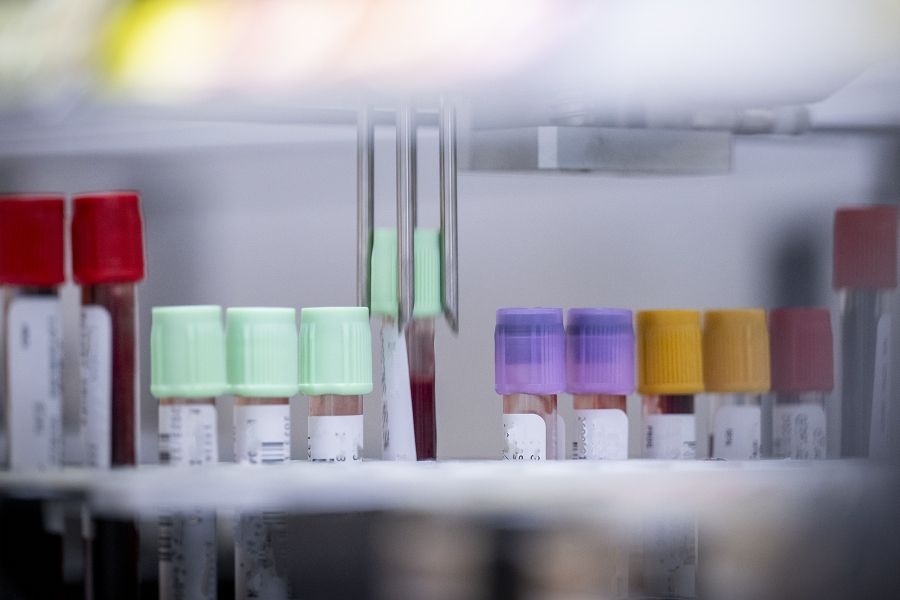
The COVID-19 pandemic has demonstrated just how quickly a virus can change our entire world in just a small amount of time. Our best defense? Data.
KGH RI researcher Dr. Steven Brooks has teamed up with colleagues across the country to develop a new emergency department network that is using big data to improve patient care. The network is providing valuable tools for understanding the real-world impact of the COVID-19 virus, and helping to optimize valuable new therapies and vaccines.
The Canadian Emergency Department Rapid Response Network (CCEDRRN) is a 51-site, pan-Canadian network of emergency departments building a registry of suspected and confirmed COVID-19 emergency department patients. By collecting detailed information about these patients, the network will be able to better understand and test clinical processes, and monitor patient outcomes once they return home.
“The Emergency Medicine research community in Canada is a fairly tightknit group,” says Dr. Brooks, who is a founding member and Provincial Lead for the Network, as well as a Principal Investigator on the study. “At the beginning of the pandemic, a number of us recognized the critical need to work together to build the infrastructure required to collect and understand this important data – for today’s global crisis, but also for future planning.” The network is receiving in-kind support from partnering hospitals, as well as funding from the Canadian Institutes of Health Research (CIHR) and the Government of Ontario.
The registry is capturing a wide range of information from hospital charts of both infected and non-infected patients, including demographics, symptoms, treatments, length of stay and mortality rates. After a patient is discharged, they will be followed up to better understand their quality of life for a year after their diagnosis. The database currently has data from more than 70,000 emergency department records, which includes more than 62,000 individual patients.
“Emergency department care providers need information and processes to quickly and accurately identify patients who should be tested for COVID-19, who should be isolated, and who is safe to go home,” says Dr. Brooks. “The database will help us design critical tools to support our medical teams as they treat patients, but also help us better understand the longer-term impact of this virus.”
The network is also expanding data collection to include vaccination status, and is also planning to conduct vaccine effectiveness studies using real-world readings. “Because the dataset is so rich, we’ll be able to evaluate treatments, and analyze outcomes by geography and in specific groups, such as racialized Canadians or at-risk populations,” says Dr. Brooks. “The network has a key role to play in helping us recover from this pandemic, and be better prepared for the future.”





